Adaptation of Women to Climate Variability in the Southern Slopes of the Rumpi Hills of Cameroon
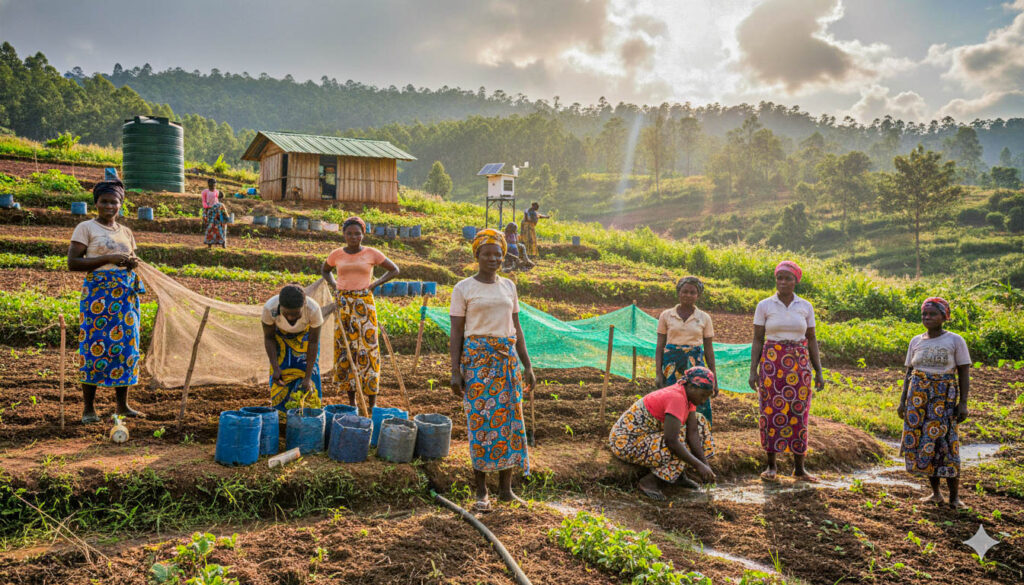
Project summary
This project examined the vulnerability and adaptability of women along the southern slopes of the Rumpi Hills forest, Ndian Division of Cameroon. We used primary weather data and household livelihood surveys, to identify a broad range of climate variability that combine to create different adaptation and household livelihood outcomes. We used this information to explore the ways in which livelihoods have changed and adapted over a 38 year period (1976-2014), as well as considered the factors that have contributed to these outcomes. Using this approach, we assessed 858 women across six villages, our results showed decreasing amounts of rainfall, receding forests, increasing temperatures and water scarcity, and increasing costs of living. We also found that, despite adjusting sowing dates, adopting petty trading and changing cropping patterns, climate variability affects their livelihood strategies.
This project was financed by the WWF Russel Train Environment for Nature Grant

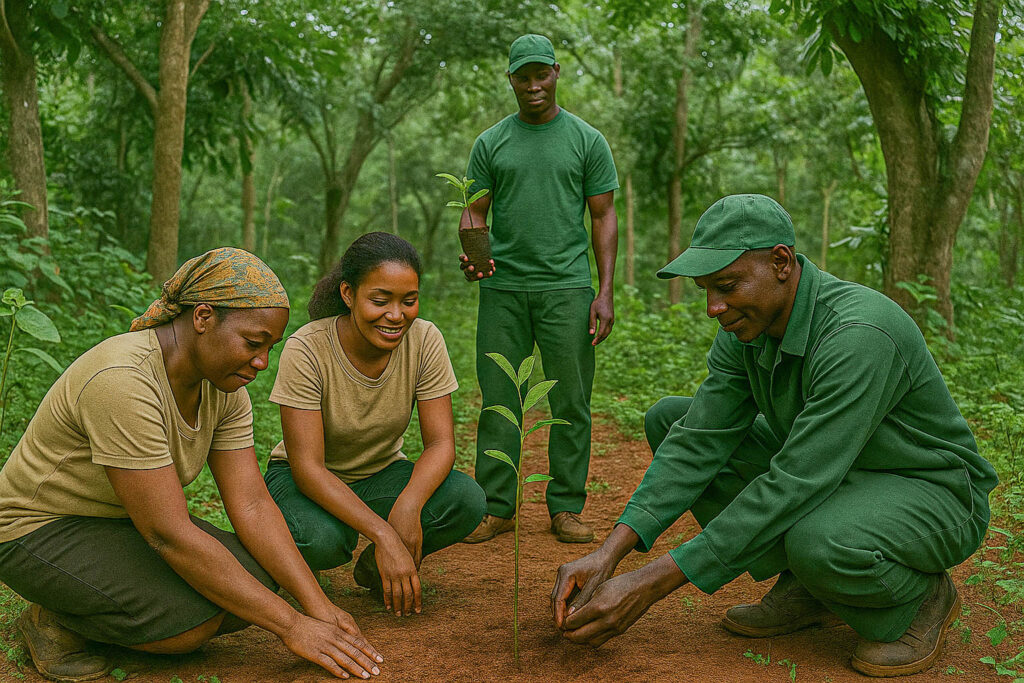
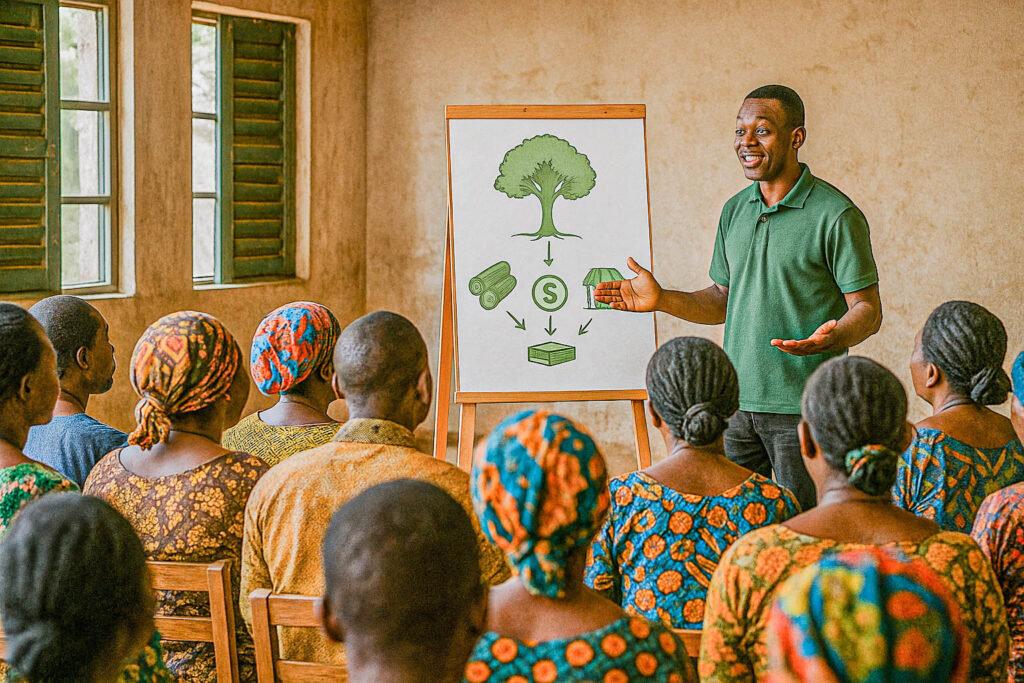
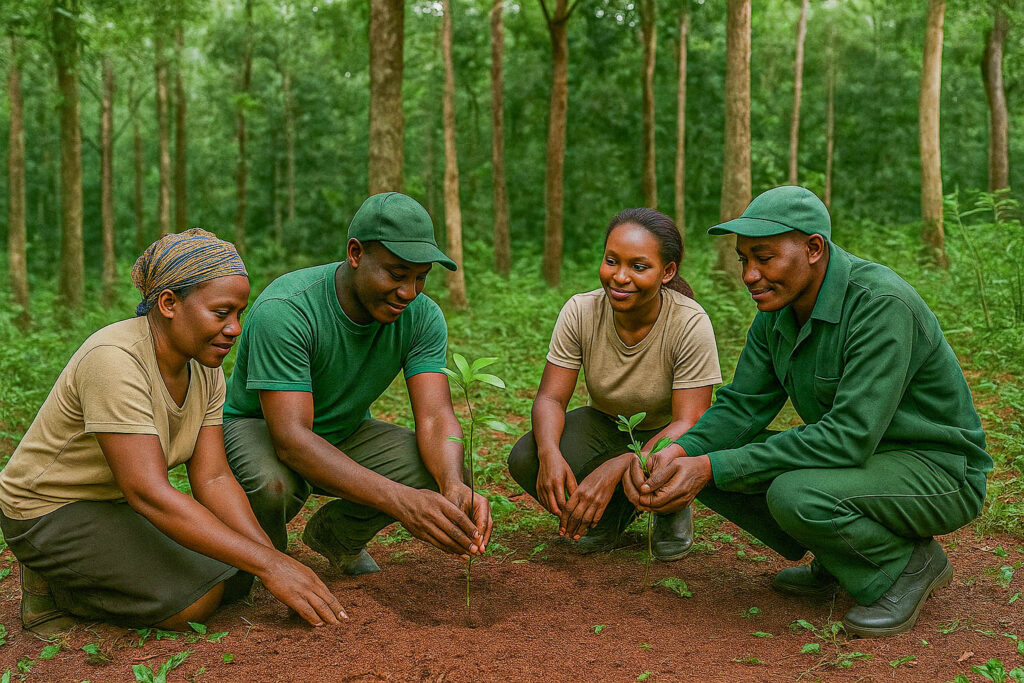
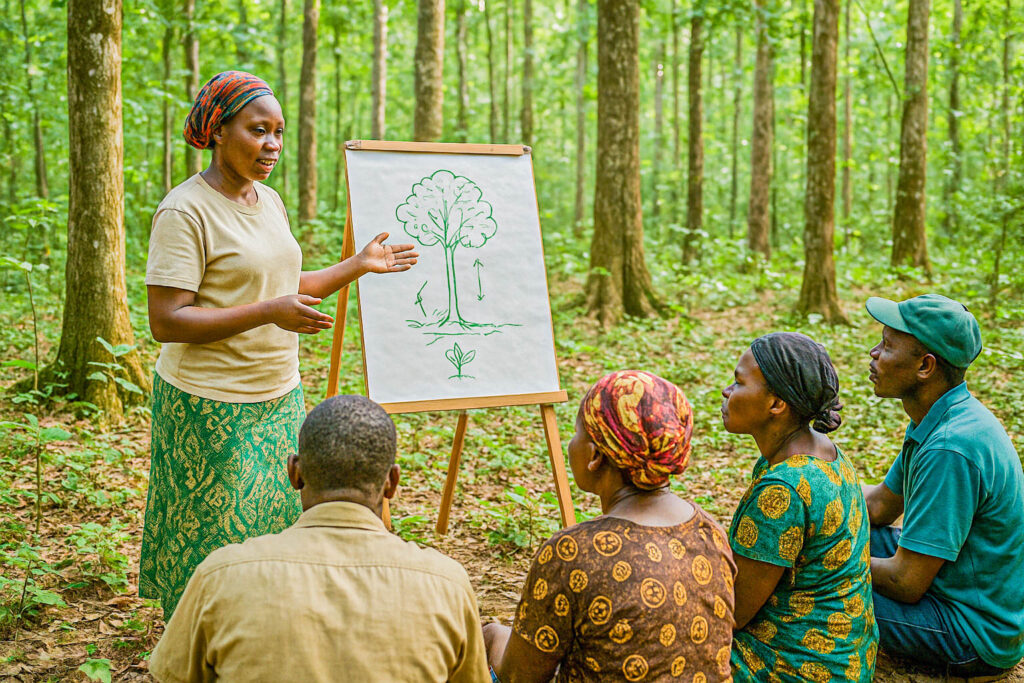
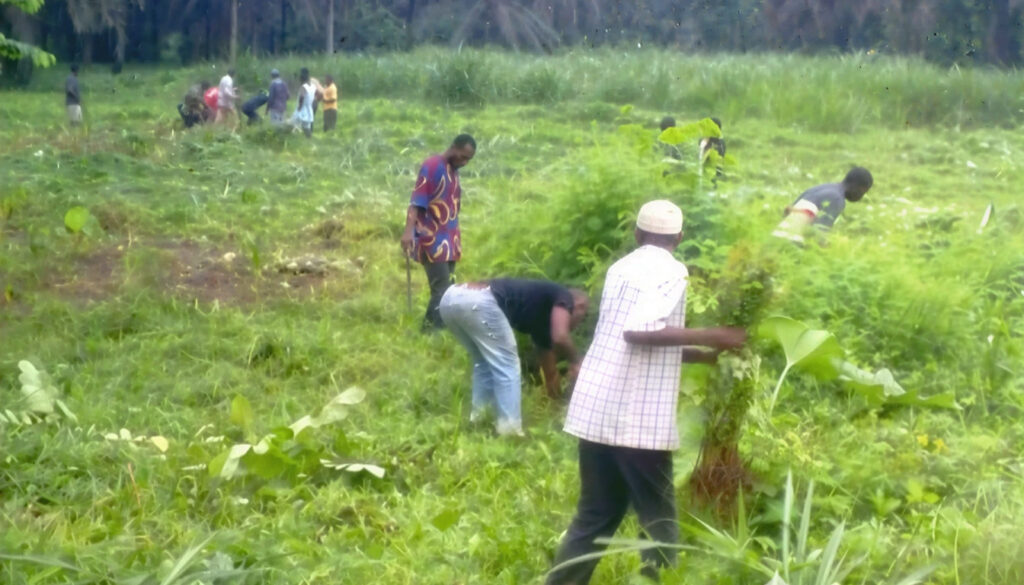
Responses